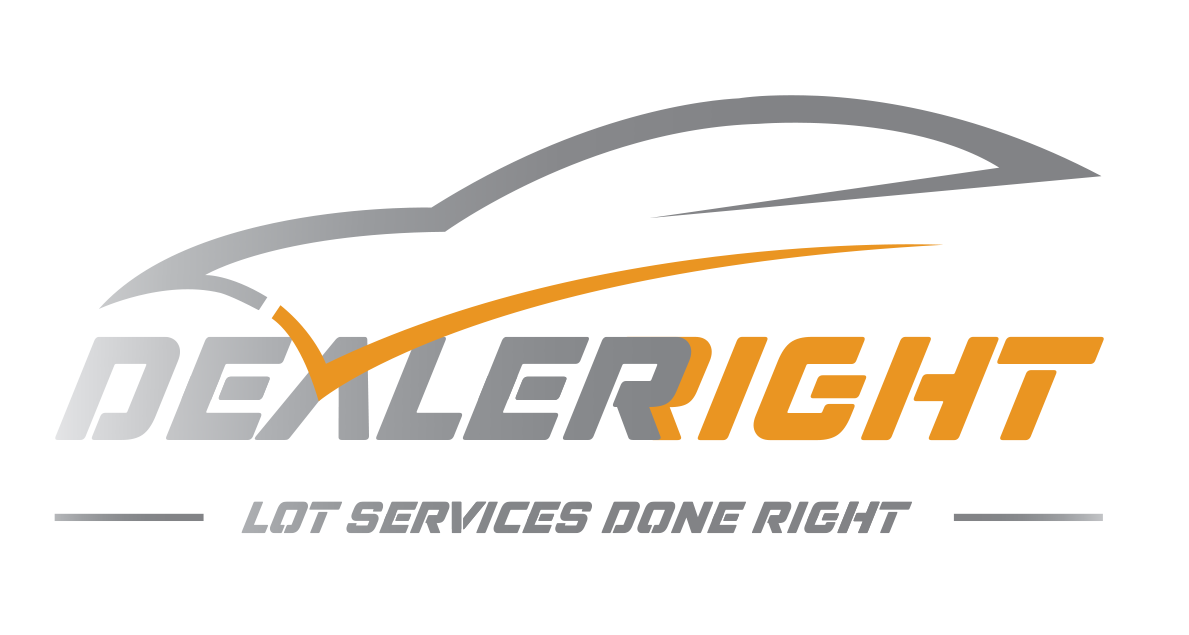To Buy or Lease...That's the question
- marcello perez
- Jun 28, 2024
- 2 min read

Deciding whether to buy or lease a car depends on your financial situation, driving habits, and personal preferences. Here are some key considerations to help you make an informed decision:
Buying a Car
Advantages:
Ownership:
You own the car outright once it’s paid off.
No restrictions on mileage or modifications.
Long-term Cost:
More cost-effective over the long term if you keep the car for several years.
No monthly payments once the loan is paid off.
Resale Value:
You can sell or trade in the car at any time.
The car has residual value that you can recoup.
Flexibility:
You have the freedom to drive as much as you want without worrying about mileage limits.
Disadvantages:
Higher Monthly Payments:
Monthly loan payments are typically higher than lease payments.
Requires a larger down payment.
Depreciation:
The car’s value depreciates over time, which can affect resale value.
Maintenance Costs:
You are responsible for all maintenance and repair costs after the warranty expires.
Leasing a Car
Advantages:
Lower Monthly Payments:
Lease payments are generally lower than loan payments.
Smaller or no down payment required.
Driving a Newer Car:
Opportunity to drive a new car every few years.
Access to the latest technology and safety features.
Warranty Coverage:
Most leases are for a term that coincides with the manufacturer’s warranty, covering most repair costs.
Tax Benefits:
In some cases, lease payments can be deducted if you use the car for business purposes.
Disadvantages:
No Ownership:
You don’t own the car at the end of the lease term.
You must return the car or buy it at the residual value.
Mileage Limits:
Leases come with mileage restrictions, typically 10,000 to 15,000 miles per year.
Additional fees for exceeding mileage limits.
Customization Restrictions:
Limited ability to modify or customize the car.
Charges for excessive wear and tear.
Long-term Cost:
Leasing can be more expensive if you lease repeatedly without buying.
Considerations:
Driving Habits:
If you drive a lot of miles each year, buying may be more cost-effective.
If you drive fewer miles and prefer a new car every few years, leasing might be better.
Financial Situation:
Leasing requires less upfront cash and offers lower monthly payments.
Buying involves higher initial costs but can be cheaper over the long term.
Personal Preferences:
Do you prefer the latest models and features, or are you content with driving the same car for many years?
Future Plans:
Consider how long you plan to keep the car and your potential lifestyle changes.
Conclusion:
Buy a Car if you want long-term ownership, higher mileage, and potential resale value.
Lease a Car if you prefer lower monthly payments, driving new cars more frequently, and want to avoid the hassles of long-term maintenance.
Evaluating your specific needs and financial goals will help you determine the best option for you. From all of us at Dealer Right, we hope this helps when considering what option is best for you and your family. Thank you for reading our blog.




Comments